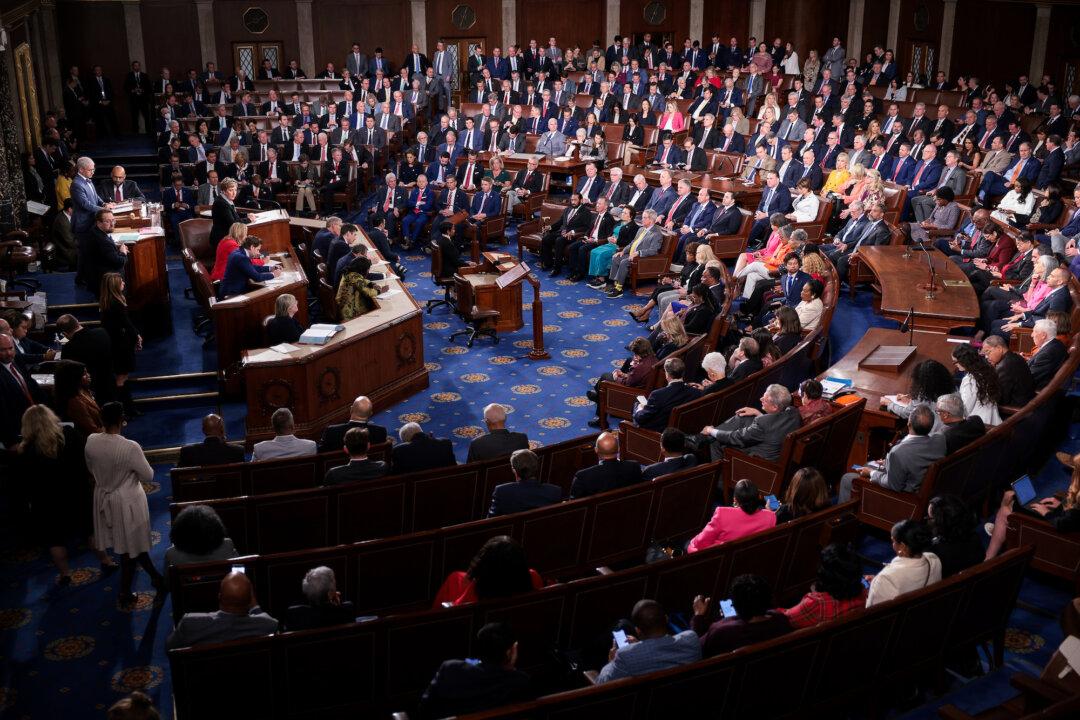The leaders of the Senate Finance and House Ways and Means committees have announced a bipartisan bicameral $78 billion deal that pairs the revival of Republican-sought Trump-era tax breaks for businesses with expanding the child tax credit that Democrats have pushed for.
The two committee chairmen said in a joint statement on Jan. 16 that the proposal would bring back a range of tax deductions for businesses, while boosting the low-income housing tax credit and expand the child tax credit.





